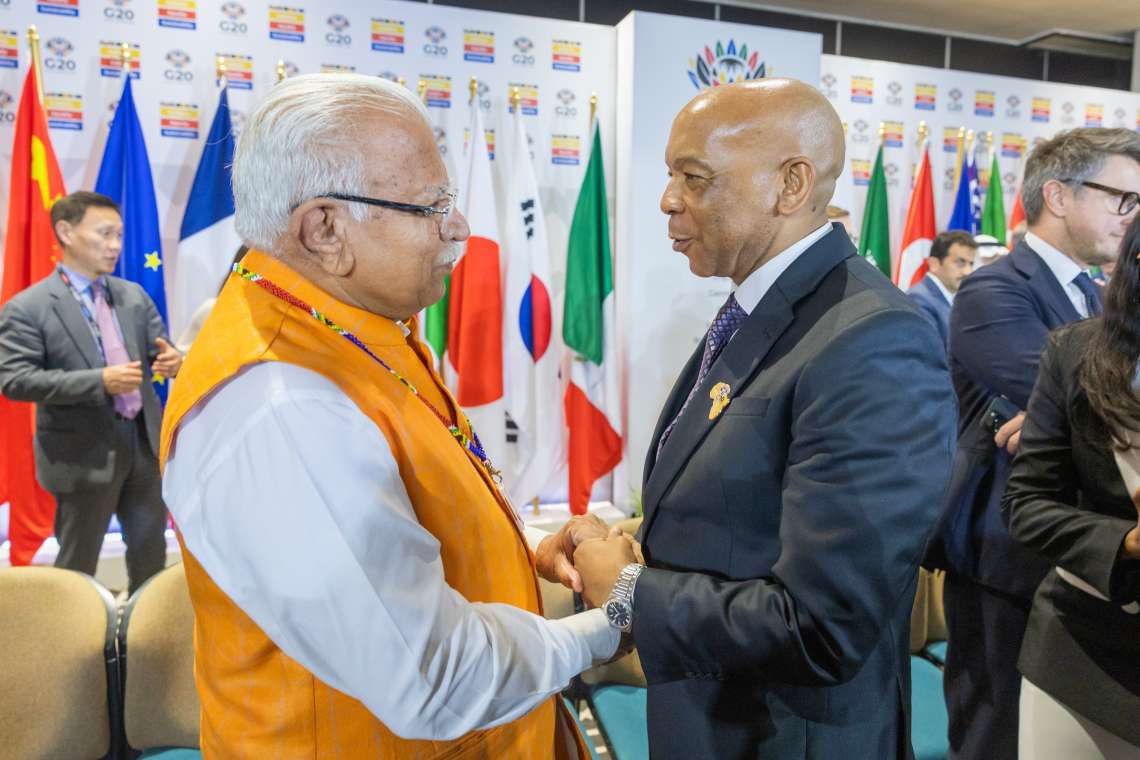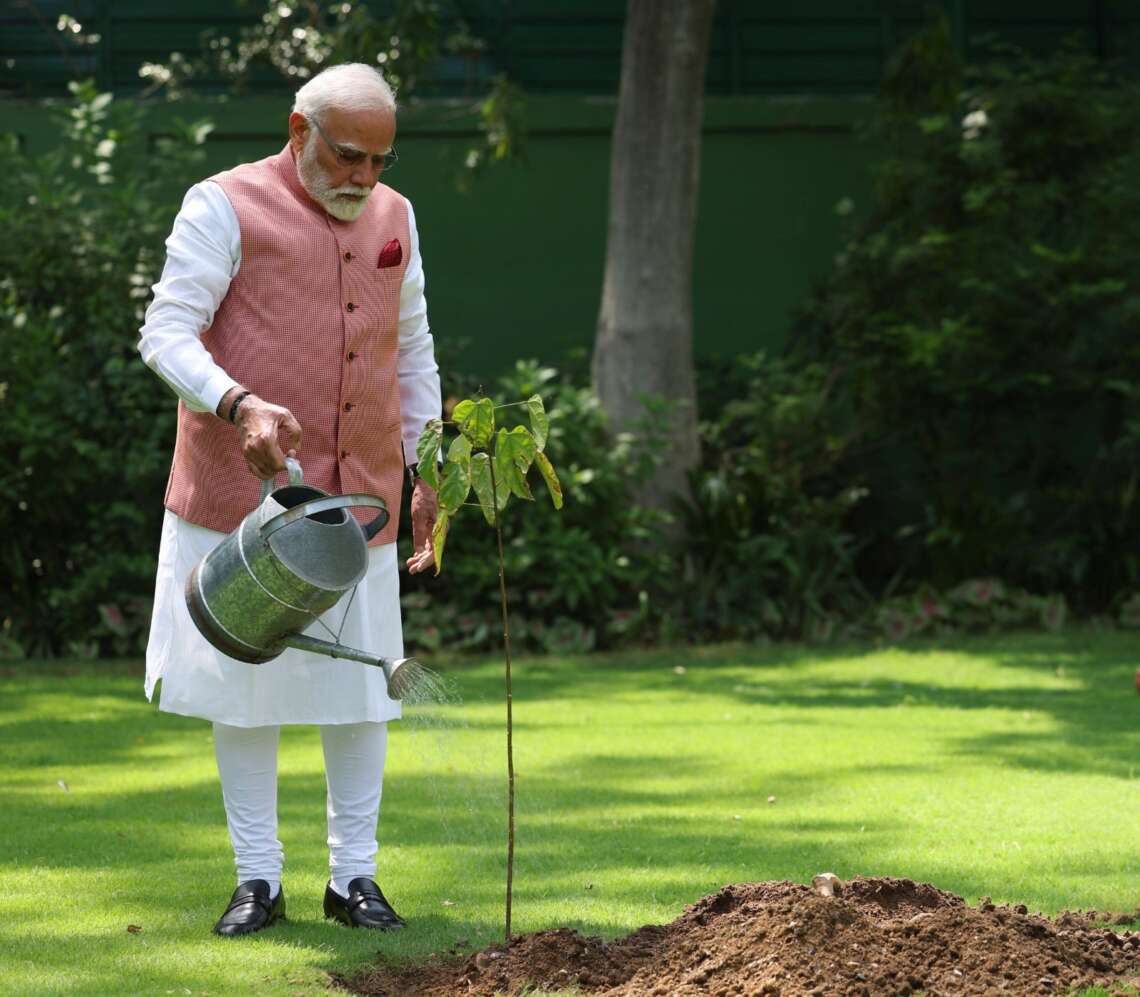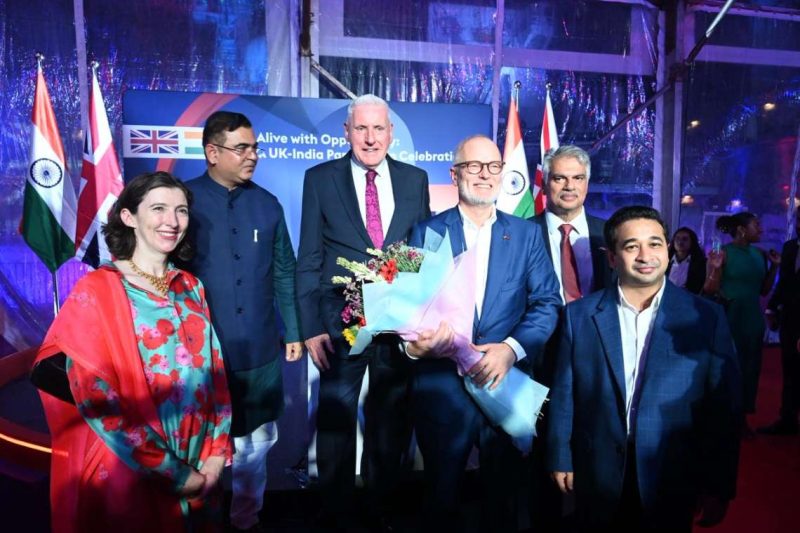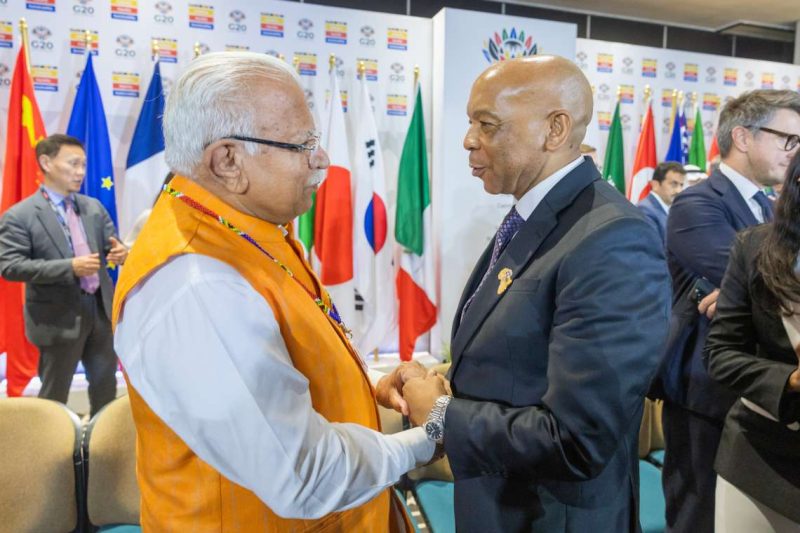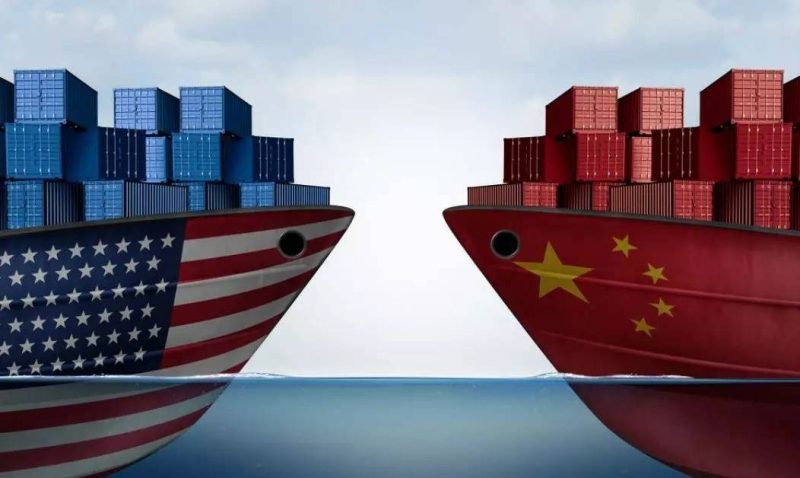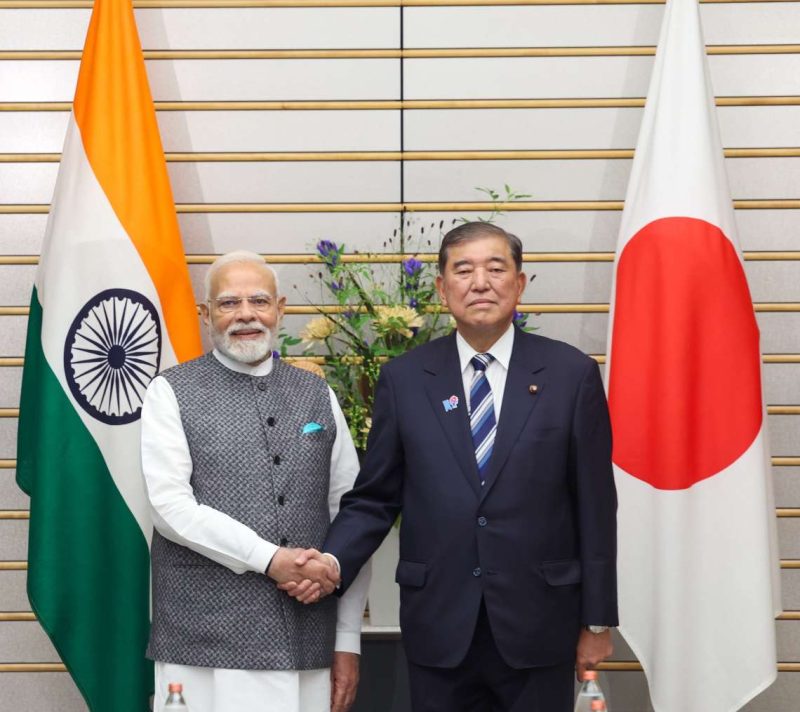New Delhi defends treaty suspension, calls out Pakistan’s “misuse” of global climate platform
India has sharply rebuked Pakistan at a United Nations conference in Tajikistan over allegations surrounding the suspension of the Indus Waters Treaty, accusing Islamabad of distorting facts and undermining decades of water-sharing cooperation through its continued support for cross-border terrorism.
The rare diplomatic exchange played out during the International Conference on Glaciers’ Preservation held in Dushanbe, attended by more than 2,500 delegates from 80 UN member states and 70 international organisations. Union Minister of State for Environment, Kirti Vardhan Singh, delivered India’s response, following a provocative address by Pakistani Prime Minister Shehbaz Sharif.
Pakistan Raises Water Concerns
Addressing the conference on Friday, Prime Minister Sharif warned that India’s suspension of the Indus Waters Treaty posed an existential threat to millions of people in Pakistan. “India’s decision to hold in abeyance the Indus Waters Treaty… is deeply regrettable,” Sharif said. He described the move as a “weaponisation of water” and accused New Delhi of unilateralism. “Pakistan will never allow the red line to be crossed,” he added, alluding to the treaty as a foundation of peace and survival.
The remarks sparked swift retaliation from the Indian delegation, which said the Pakistani Prime Minister had “misused” the climate-focused forum to advance a political agenda.
India Counters with Security Claims
In a strongly worded response, Kirti Vardhan Singh accused Pakistan of undermining the very foundations of the treaty by sponsoring terror attacks on Indian soil. He specifically cited the 22 April Pahalgam bombing in Jammu and Kashmir, which claimed 26 civilian lives and was allegedly carried out by Pakistan-based extremist groups.
“Pakistan, which itself is in violation of the treaty, should desist from blaming India for its suspension,” Singh said, defending the decision to pause implementation of the 1960 water-sharing agreement.
Signed under the auspices of the World Bank, the Indus Waters Treaty is regarded as one of the world’s most enduring agreements, having weathered multiple wars and diplomatic breakdowns between the two nuclear-armed neighbours. However, Singh argued that the treaty was based on mutual trust and goodwill, both of which had eroded due to Pakistan’s continued support for terrorism.
Reassessment in Light of Climate and Conflict
The Indian minister also used his address to call for a comprehensive reassessment of the treaty, stating that the world had changed dramatically since the agreement was signed more than six decades ago. “Fundamental shifts in demography, climate patterns, and technological capacity make it necessary to revisit the terms,” he said.
Highlighting the original preamble of the treaty, Singh argued that both countries had a responsibility to honour its spirit in good faith. He implied that Islamabad had failed in this regard, citing recurring security violations as well as Pakistan’s politicisation of shared natural resources.
Melting Glaciers and Water Security
Beyond the diplomatic spat, the conference focused heavily on the global risks associated with glacier melt and water scarcity, particularly in vulnerable regions like the Hindu Kush-Himalayan belt. The glaciers in this region feed major river systems, including the Indus, and are melting at unprecedented rates due to climate change.
“Initially, this leads to increased flooding, but eventually it results in long-term water shortages,” said Professor Anjal Prakash, a climate policy expert and contributor to several UN reports. He explained that both India and Pakistan face major ecological and social challenges from accelerated glacial retreat.
While the original intent of the conference was to foster international cooperation on glacier preservation and climate adaptation, the India-Pakistan row highlighted how water security is increasingly intertwined with geopolitical fault lines.
Regional Fallout and Strategic Motives
The suspension of the treaty has triggered anxiety in Pakistan, particularly in water-dependent regions like Punjab and Sindh, which rely heavily on Indus flows for agriculture and livelihoods. With agriculture accounting for a quarter of Pakistan’s GDP, any disruption to water supply could have serious economic consequences.
Some analysts suggest India’s move has strategic underpinnings. “By blocking flows or even pausing cooperation, New Delhi sends a message to Pakistan’s military and political establishment,” said Prakash. He also acknowledged that while India could face diplomatic pressure from global stakeholders such as China or the World Bank, it retains legal room to revisit the treaty—especially if Pakistan is found in violation of its terms.
Treaty Under Strain
This is not the first time the treaty has come under stress. India has long expressed dissatisfaction with certain provisions, arguing they disproportionately favour Pakistan. Calls for modernisation have grown louder in the face of new climate realities, with experts warning that the agreement, in its current form, is ill-equipped to address future water challenges.
Meanwhile, Islamabad has resisted changes, viewing the treaty as one of the few institutional frameworks still binding the two countries in peaceful cooperation.
Climate Platforms as Diplomatic Battlegrounds
The Dushanbe conference was meant to be a scientific and policy forum for shared climate solutions. But as Singh’s and Sharif’s remarks showed, even global platforms meant for climate resilience are now being drawn into broader political conflicts.
India’s message was clear: national security cannot be separated from climate diplomacy. Pakistan, in turn, framed water as a human rights issue, accusing its neighbour of holding millions hostage to political leverage.




